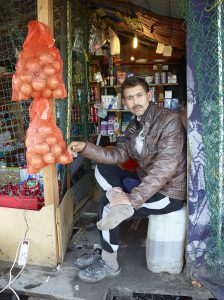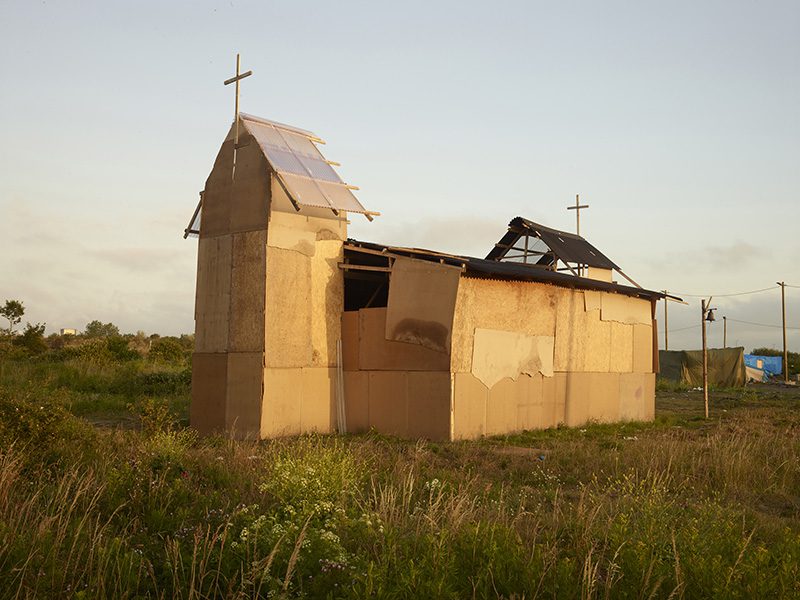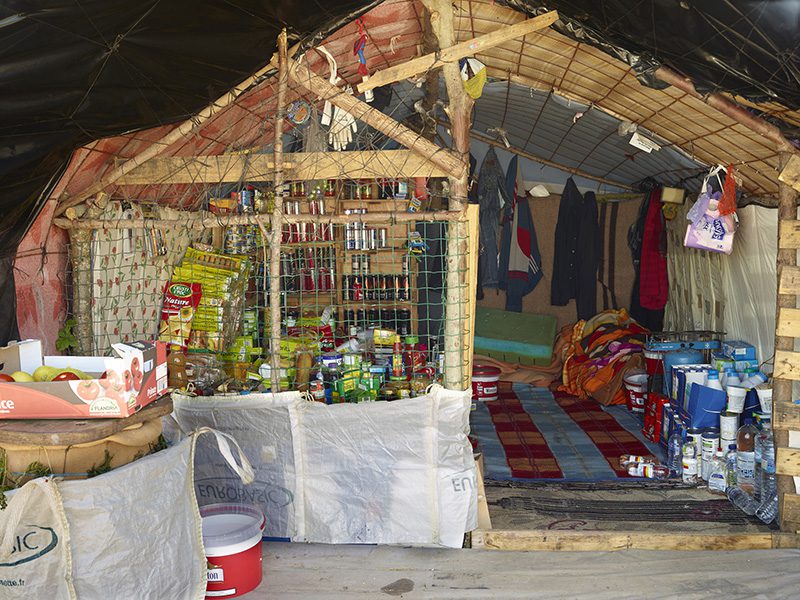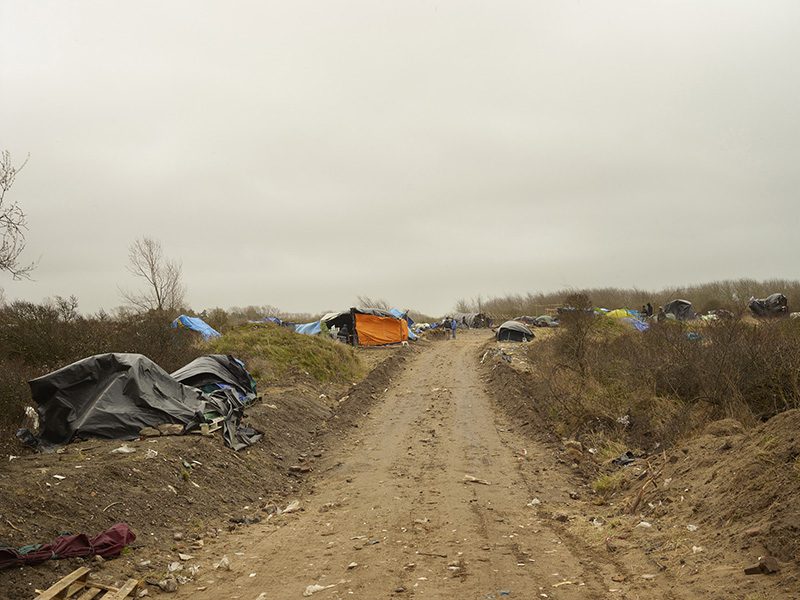PHOTO:Henk Wildschut-Calais From Jungle to City
Characteristic of Henk’s Wildschut work is a contemplative and often distant view on the people and situations he photographs which lends a balance and monumental quality to his photographs that incite the viewer to further reflect on the subject. In 2011 his book “Shelter” was awarded with the Kees Scherer prize for the best Dutch photobook of the years 2009/10. Also with “Shelter” he won the s Dutch Doc 2011 Award for best documentary project.
By Dimitris Lempesis
Photo: FOAM Archive

The Exhibition “Calais – From Jungle to City” by Henk Wildschut presents his new work. In 2005, Henk Wildschut returned from documenting the aftermath of an earthquake in Pakistan with new ideas about how humanitarian crises are portrayed, and how photographs could show not only the suffering but also the dignity and resilience of people in crisis. Back home, he learned of camps that had popped up in the woods near Calais, in France, a parallel world has existed for ten years. Here refugees from Africa and the Middle East wait for a chance to cross to the United Kingdom. Henk Wildschut has been following the growing influx of refugees in Calais since 2005. Over the past year he stepped up his visits and watched “The Jungle”, as it is known, increasingly become a city in its own right, a city that, by political decisions, has started to being dismantled from 29/2/16. In 2011 Henk Wildschut published his book “Shelter”, with photos of huts built by refugees in the woods around Calais. Those places, once seized by the refugees, have now been taken back by nature. Only traces of human occupation are left. After the clearing of “The Jungle” a new camp emerged in the dunes just outside Calais. There are houses, restaurants, churches, mosques and libraries. The paths are becoming broader. There are the beginnings of a road network, toilet blocks have been laid out and electricity has arrived. Most immigrants he met came from Afghanistan, others from Pakistan, Iraq, Eritrea, Somalia, Sudan and Nigeria. Unlike most photographers, Wildschut deliberately avoids concentrating on creating images of the immediate, heartbreaking personal stories of refugees. His photographs don’t tell the stories of their lives or even of the social, political and economic circumstances that brought them to these places. Instead, Wildschut trains his camera on the improvised living spaces they created — huts made from blankets and cardboard and squats in abandoned industrial buildings.
Info: Foam, Keizersgracht 609, Amsterdam, Duration: 8/4-5/6/16, Days & Hours: Mon-Wed & Sat-sun 10:00-18:00, Thu-Fri 10:00-21:00, www.foam.org





